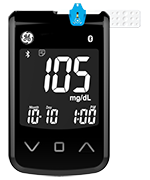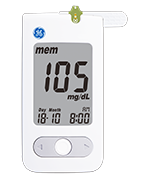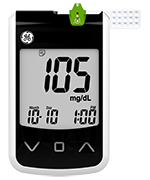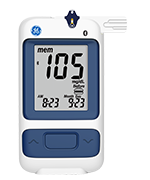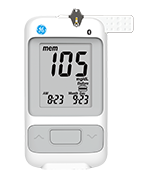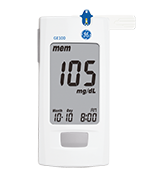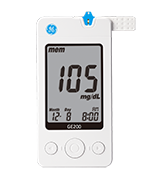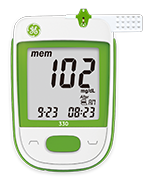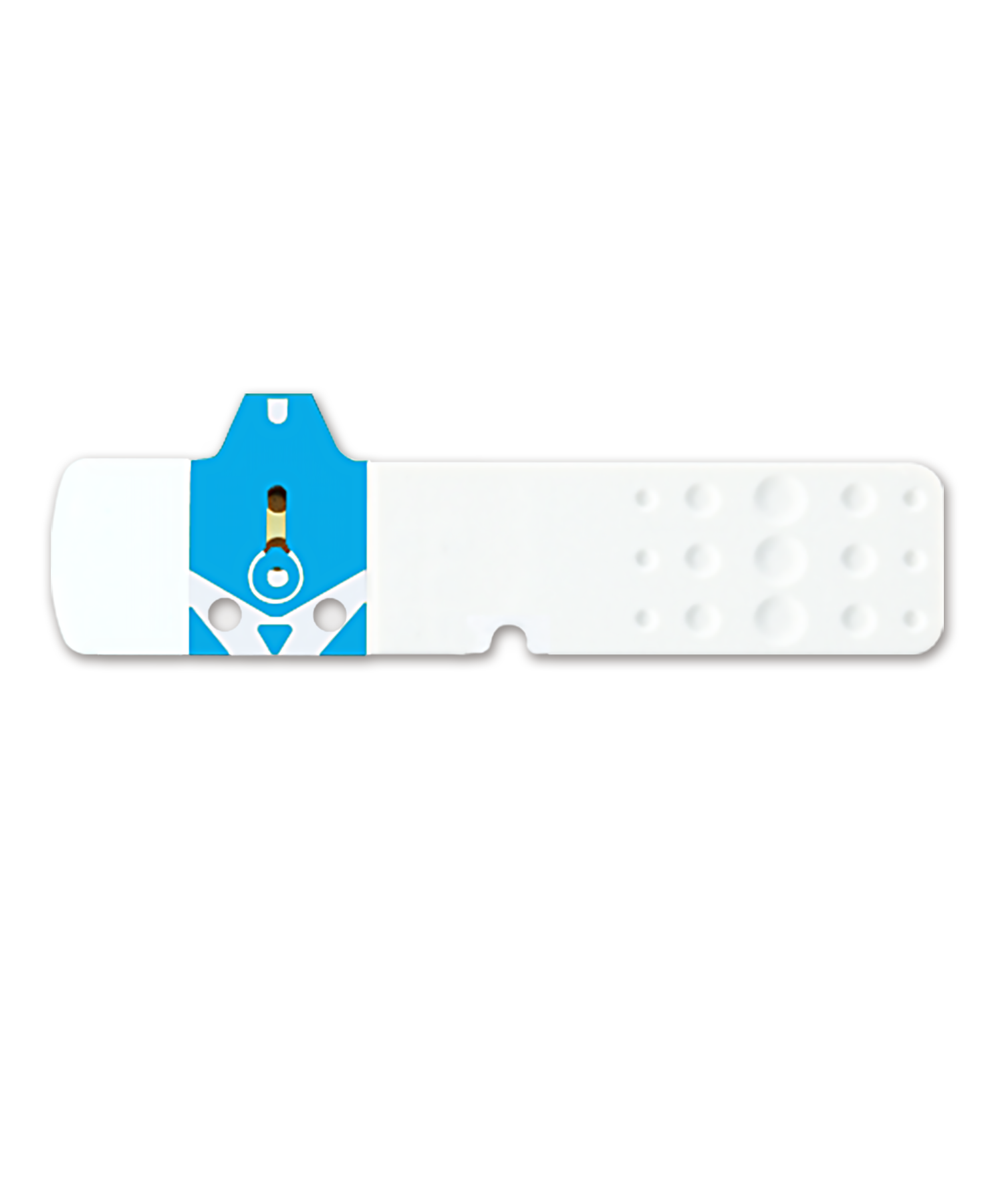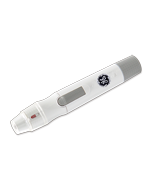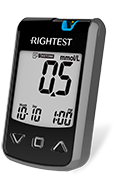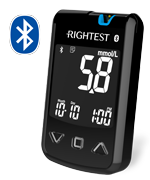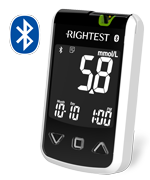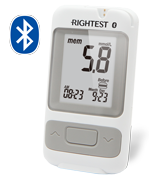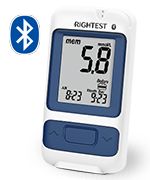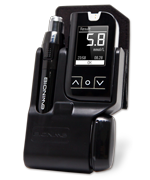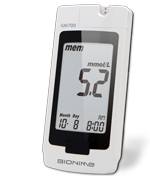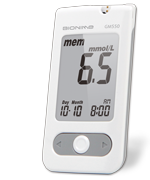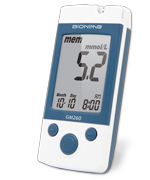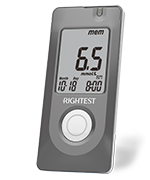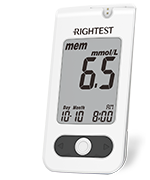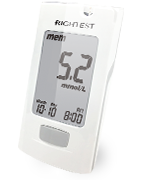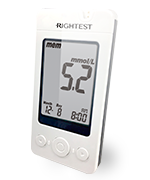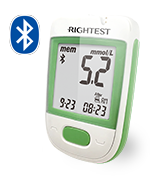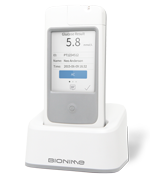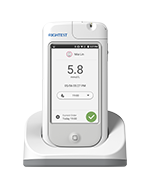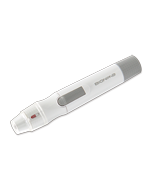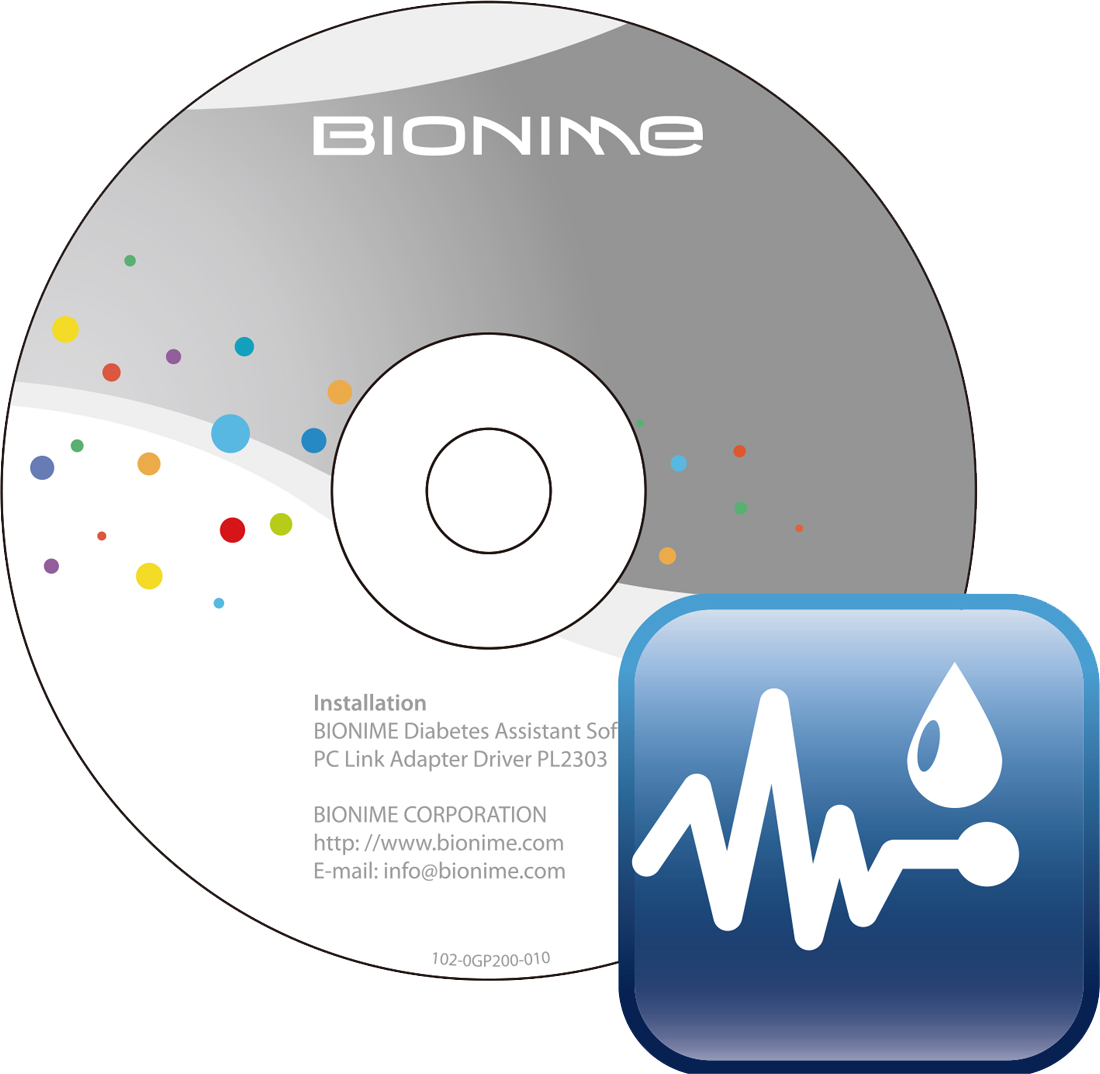Hypoglycemia unawareness
Hypoglycemia unawareness
Sometimes people with diabetes have hypoglycemia without realising. This is called hypoglycemia unawareness.
When blood sugar is too low, the body responds with two physiological mechanisms. The first is with counter-regulatory hormones which kick in to stimulate an increase in blood sugar. The second is the autonomic nervous system: this causes symptoms of hypoglycemia. When these symptoms appear, it is a warning sign to treat low blood sugar and to do so quickly. However, if the physiological mechanisms are dysfunctional, no symptoms will be presented despite the person's hypo. The following conditions provide a higher likelihood of hypoglycemia unawareness occuring: prolonged diabetes, autonomic neuropathies, recurrent hypoglycemia, and aggressive control of A1C. Furthermore, people with type 1 diabetes are disproportionaly at risk. Studies show that approximately 40% of cases occur in people with type 1 despite this type only making up around 10% of all diabetes cases.
What to do about hypoglycemia unawareness?
- Do not attempt to guess your blood sugar level based solely on how you feel. If your body does not exhibit symptoms of hypoglycemia, you will need to take extra care to monitor your blood sugar.
- Eat regularly and eat consistent portion sizes to prevent hypoglycemia occuring due to delayed or insufficient food intake.
- Discuss a meal plan with a nutritionist.
- Set an A1C target value with your doctor. Low A1C targets have a higher chance of leading to hypoglycemia.

| Source | | American Diabetes Association |
| Diabetes.co.uk |


